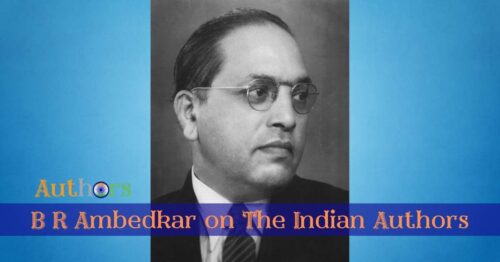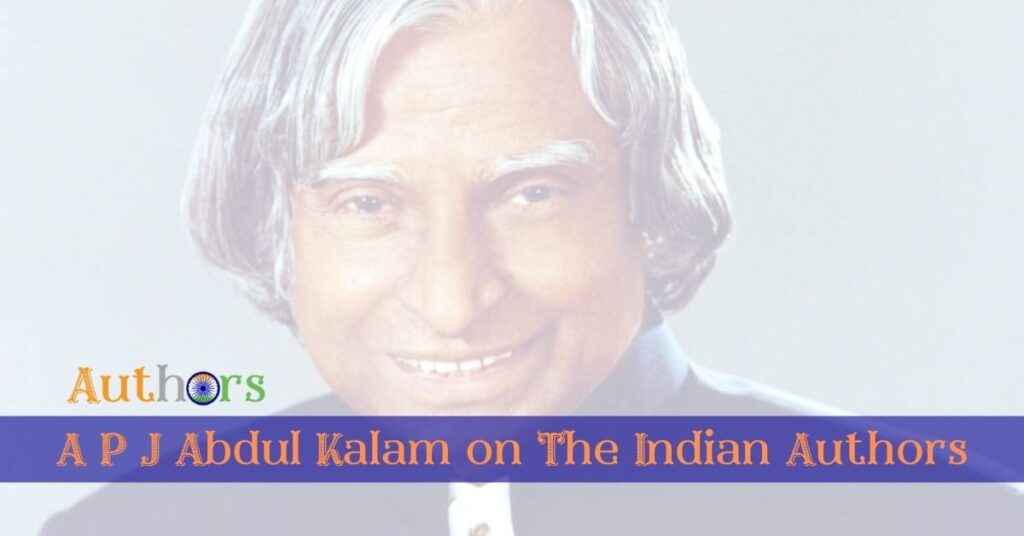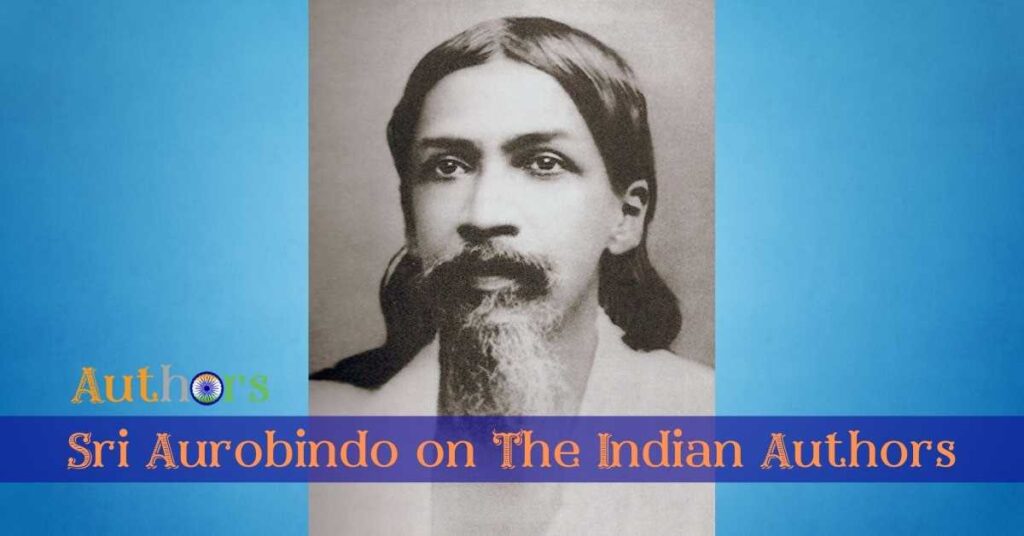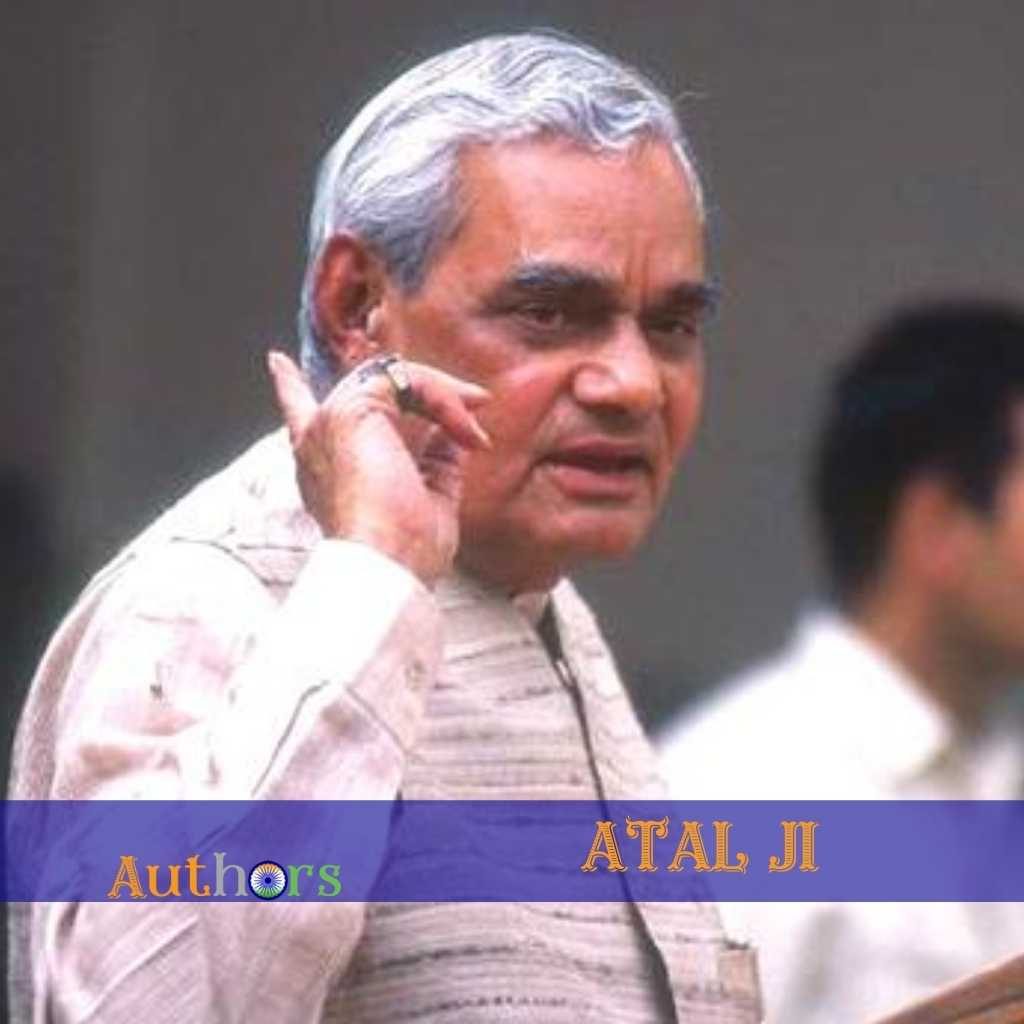Name: Bhimrao Ramji Ambedkar
Genre: Non-fiction, Economics, Socio-political, Polity
Famous Books: Pakistan or Partition of India, The Problem of the Rupee, Waiting for a Visa
India has witnessed the rise of many great personalities whose popularity has crossed the boundaries of our great country. Their wisdom and its scent permeated across the globe. To further this spirit of Indian achievers, the Indian freedom movement gave a chance to millions of Indians to do something for their nations. Indians were not reluctant in returning the call and we have seen a large number of youths who did the same. There was a man called Dr Bhimrao Ambedkar who was silently fighting for freedom from social injustice. He was fighting for the deep-rooted social inequalities and discrimination against the lower castes who were often referred to as untouchables. We all know Ambedkar as someone who enormously helped in the preparation of the Indian constitution. The country also knows Bhimrao Ambedkar as someone who fought vehemently for the rights of the common men belonging to the tribal communities, Harijans and castes which used to be considered lower in Indian social structure. However, Ambedkar had more to his personality.
Apart from all this, he was a great author, economist, jurist and a great thinker. He was one of the greatest intellectuals of that time and helped in nation-building in many ways. Today, I will talk about his writings and books. Before we get into his writing, let’s get introduced to his life in brief.
Early Life:
Ambedkar was born on 14th April 1891 in Mhow, Madhya Pradesh. His full name was Bhimrao Ramji Ambedkar. He was the son of an army officer who held the rank of a subedar. He belonged to a very poor family. He belonged to a lower caste Mahar and the members of this caste were thought to be untouchables when India was in the grips of the British as well as some of the most unholy and unethical and regressive practices. He has suffered a lot in the school days as untouchables got only a little help from their teachers. His family moved to Mumbai and he became the only untouchable student to be enrolled in Eliphiston High School. He was exceptional in his studies. He passed the matriculation exam and he was the first in his caste to do so. He graduated from Bombay University in Economics and later went to Colombia University, New York for post-graduation. He has studied Economics, Sociology and Anthropology, philosophy and History as major subjects. He moved to the London School of Economics as well to pursue his D.Sc in economics. He has shown courage and determination to achieve these impossible-looking tasks. His guts and valour have given a light of hope among the downtrodden people to achieve something great in their life as well.
Other than his achievements in social and political fields, Ambedkar contributed immensely to the world of socio-political literature with his books on issues, problems and possible solutions. We will take a look at some of the major qualities of his writings below.
His Writings:
Ambedkar was a man of letters. He was profound in writings. He has written several books on the topics of sociology, economics and philosophy. His profoundness, intellect and wisdom can be easily found in his writings. His primary focus was to uplift the conditions of poor people by his efforts or, at least, try to gain sympathetic attention of the country towards the issues he raised. Not only limited to this cause but his writings also caused tremors in the big boxes of politics in those days that included Nehru. He was also very critical of the idea of dividing India into two pieces and vehemently criticised Nehru and Gandhi for this division.
His works certainly had an implicit reflection of the excruciating discrimination and trouble that he had to face since his school days. His book ‘Riddles in Hindusim’ takes a very strong, and objectionable, dig at the images of Hindu Gods and Goddesses. Everyone has a right to criticise anything even if it is religion; it is true but not to an extent that it becomes offensive to a community. Many scholars conclude that Ambedkar may have failed to fathom the depths to which Hindu religion and Hindu philosophy reaches and that may be a reason that his works criticising Hinduism appeared. In the words of Swami Vivekanand, ‘I am proud to belong to a nation which has taught the world tolerance’, is true in every sense. Vivekananda also proudly flaunted his Hindu identity.
Other than his disgust for Hinduism because of the practice of untouchability and class discrimination, Ambedkar was a profound economist and he has written many books on economics as well. He propagated the idea of making a central bank in India. His Book ‘The problem of Rupee: its origin and its solution’ has traced out some major factors of currency-related queries.
His philosophy of writing was pretty strong and helped a lot in the making of modern India. His writing made a strong impact on the social movements of that time. He was not happy with the partition of India and in his books, he has shown his fears as well. He was very critical about the Muslims staying in India after the partition. He has raised several questions on their loyalty and their orthodox religion. However, ironically, this facet of his personality seldom comes out to the wider audience. Ambedkar has been shown to the world with only one side visible as the Moon to the world with the shiny side always up. There may be politics behind it or there may be historians like Romila Thapar behind it. We don’t know for sure.
As a writer, he has made a magnificent contribution to nation-building. We are also indebted to him because of his immense contribution to Indian Constitution by which we run our country today. His philosophy and ideals deeply impressed the authors contributing to Indian English literature in his times and continue to inspire many others who are writing today.
Major Books:
- Annihilation of Caste
- Riddles in Hinduism
- The problem of Rupee: Its origin and its Solution
- Pakistan or Partition of India
- Waiting for a Visa: Autobiographical Notes
Though he has written many books these five are most famous among the long list of his books.
Conclusion:
Dr Ambedkar is known as one of the architectures of modern India. He led the foundation of social equality and justice that has travelled so far after the independence of India. However, we need to understand that his thoughts were not eternal and his philosophy was not infallible. In the times we live, we have to get out of some of the problems at an urgent basis and caste-based reservation is one of them. Even Ambedkar himself did not bat for a life-long or eternal reservation policy and the least this country can do is make his dreams true in the truest possible sense by manoeuvring a way that could end the reservation and giving real equality to the nation by truly empowering the Dalits with an ecosystem where they can do things on their own rather than depending on the crutches of others.
Article by a contributor to The Indian Authors, the database of Indians who write




